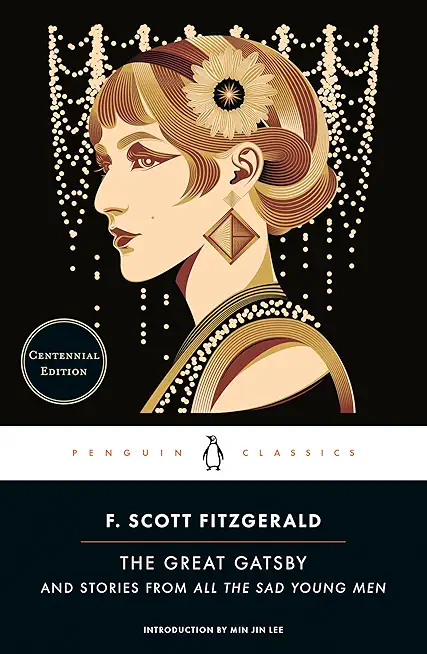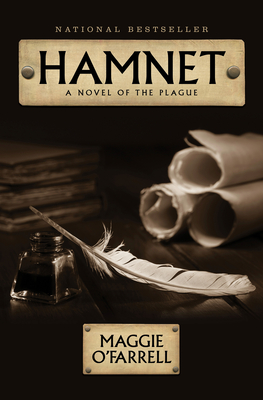
A moving and penetrating memoir of a life in biography from the Pulitzer Prize winner and "gifted storyteller" (Judith Thurman, The New Yorker).
Megan Marshall's innovative books, including The Peabody Sisters and the Pulitzer Prize-winning Margaret Fuller, are treasured works of American biography. In the richly absorbing essays of After Lives, Marshall turns her narrative gift to her own art, life, and the people in it.
In each of six essays, Marshall reinvents the personal essay form, as a portal to the past and its lessons for living into the future. The book's brilliant, assured interplay between memoir and biography places surprising characters on the page, including the twelfth-century Buddhist hermit Kamo no Chomei, a reassuring spiritual presence for Marshall during several otherwise deracinating months in Kyoto. In her stunning coming-of-age tale, "Free for a While," set in 1970s California, Marshall interweaves the story of her adolescence with that of Black Power martyr Jonathan Jackson, the author's AP history classmate, gunned down at seventeen in a failed attempt to free his famed older brother George from prison in the case that put Angela Davis on the FBI's Most Wanted list.
Here too is the author's passion for the biographical chase, and for the mysteries at its heart. She tells the astonishing story of viewing the disinterred remains of her one-time subject Sophia Peabody Hawthorne, wife of Nathaniel, and their daughter Una, the truths of whose early death Marshall works to reveal.
Throughout these finely wrought essays, Marshall, "[at] the front rank of American biographers" (Dwight Garner, New York Times), makes palpable her driving impulse to "learn what I could from others: how to live, how not to live, what it means to live."







